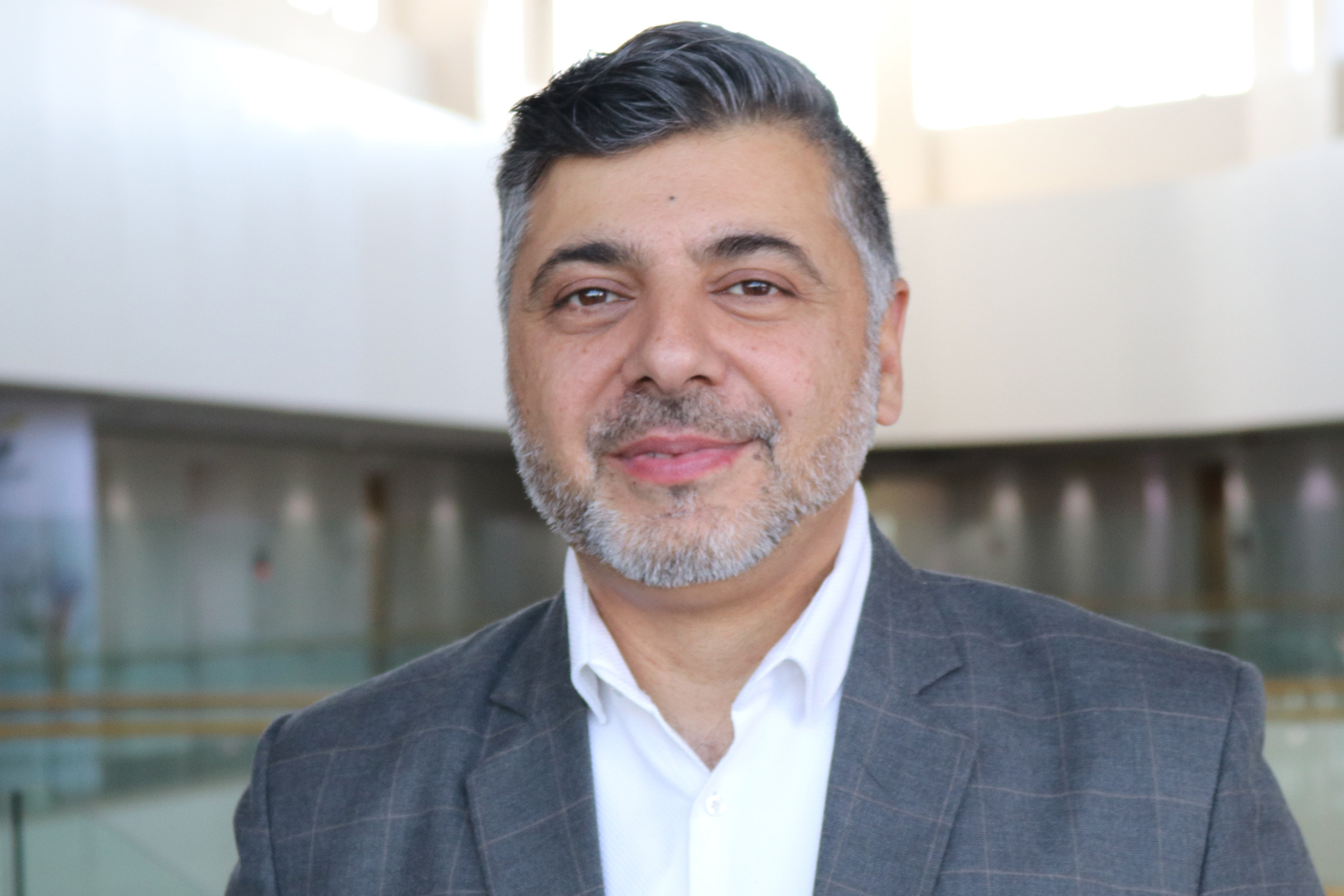EY refers to the global organization, and may refer to one or more, of the member firms of Ernst & Young Global Limited, each of which is a separate legal entity. Ernst & Young Global Limited, a UK company limited by guarantee, does not provide services to clients.
Is your future growth strategy driving sustainability?

Create sustainable choice for the future today.
- Are you really thinking about your company’s future?
- What strategy will create a sustainable future for your company today?
The COVID-19 pandemic is driving a strategic reset across Africa, with executives taking the lessons learned from the crisis to make far-reaching changes to their businesses to ensure that they not only survive the coming decade but thrive. Many are opting to transform through mergers and acquisitions (M&A), consolidation, and carve-outs as they focus on a new growth agenda.
The latest EY Global Capital Confidence Barometer survey of more than 2,400 C-suite executives globally, paints a picture of an existential crisis that saw revenue fall for 88% of global companies and profitability decline for 92%. This prompted the vast majority (86%) to conduct comprehensive strategy and portfolio reviews as they position themselves for a profitable and sustainable future.
This investment is already happening, with African companies actively preparing for a different market landscape. We’re seeing strategic moves in key sectors like supply chain, where major global players are growing their footprint on the continent. In the retail sector, companies are investing heavily in technology and fulfilment as they look to take their businesses online. Other companies are diversifying into new areas, and they don’t have the time to develop new operations organically, leading to an uptick in M&A activity.
While the pandemic remains a major risk for executives, there are three key challenges facing enterprises that are looking to execute successful transactions:
Understanding the details:
M&A transactions are complex. It’s all very well to have the right strategy and intent, but executives overlook the intricacies of separations and acquisitions at their peril. Do you understand all areas of the new business? Have you ensured regulatory compliance? Are your retrenchment and rehiring practices beyond reproach?
The right culture fit:
The whole point of buying, or selling, a company is to find new efficiencies. But MBA textbooks are littered with stories of how entire transactions failed because they didn’t integrate different cultures from the start. Getting the right cultural fit is critical to lasting success. Do you have a shared vision? Do you integrate the new team, or should you keep them as a stand-alone? How do you retain talent at a time of change?
Ensuring sustainability and long-term-value:
To ensure their future success, companies must generate long-term value – that is, sustainable and inclusive growth that benefits all stakeholders. That’s the new bottom line. The days of focusing solely on the shareholder are over. Successful companies understand that investing in a broader set of environmental and stakeholder considerations will affect their company value, access to capital and how they keep talent. This is a long-term value approach to building a growth strategy.
To start the right conversations about where and how value will be created, leaders look at three key strategic ideas (1) The understanding of the bigger picture, (2) a view of where the company is heading and (3) and knowing what short-term actions you need to take. In consulting, we often talk about ‘megatrends’: the transformative forces which shape entire industries and generations.
The COVID-19 crisis has accelerated many megatrends, like the need for business transformation, ESG and sustainability. For businesses to be around in 10 years and beyond, their leaders must understand the megatrends, and how they will affect their industry, their business, and their ability to stay competitive.
Tesla started as a battery company, then started making cars. Now Elon Musk is headed for Mars. Point is, can you articulate your vision for the future? Do you know how you’re going to achieve it? What has changed? What hasn’t? What will the future look like? And what are we going to do about this? Understanding this vision, and how you will differentiate yourself, is key to creating long-term value.
At EY, we often say success is measured by strategy implemented, not strategy on paper. Planning will go nowhere if the right actions aren’t being taken in the short term to build long term value. What key areas do you need to build up, or buy in? What investments do you need to make to ensure you stay competitive through the current crisis, and build a foundation for future success?
The bottom line is that all African business leaders are working to create a new future for their businesses – and they’re almost certainly doing it differently to how they did it last year, and the year before. That’s why they need objective partners to help them think deeply and differently to create real-world strategies that solve the problems of today, while ensuring the long-term value and success of tomorrow. EY-Parthenon is uniquely placed to do that and more by leveraging expertise to create tailored solutions for our clients.
When planning your future growth strategy, remember to put sustainability at the heart of that plan.
Related article


